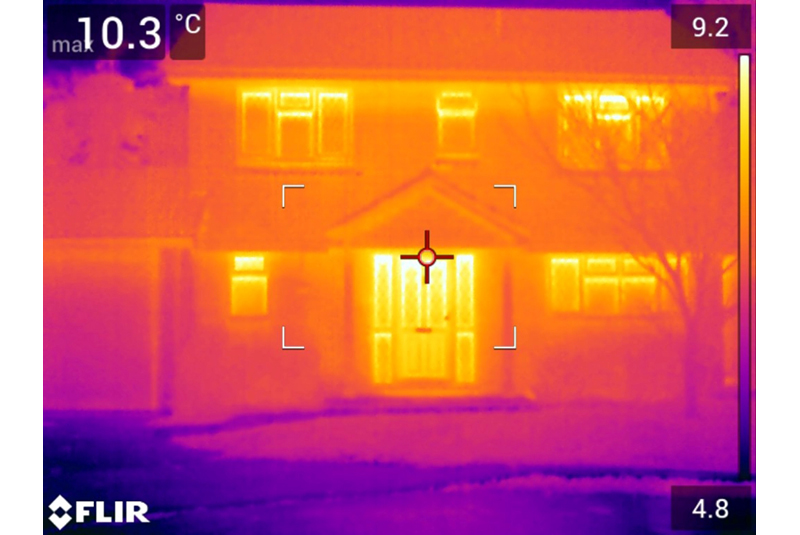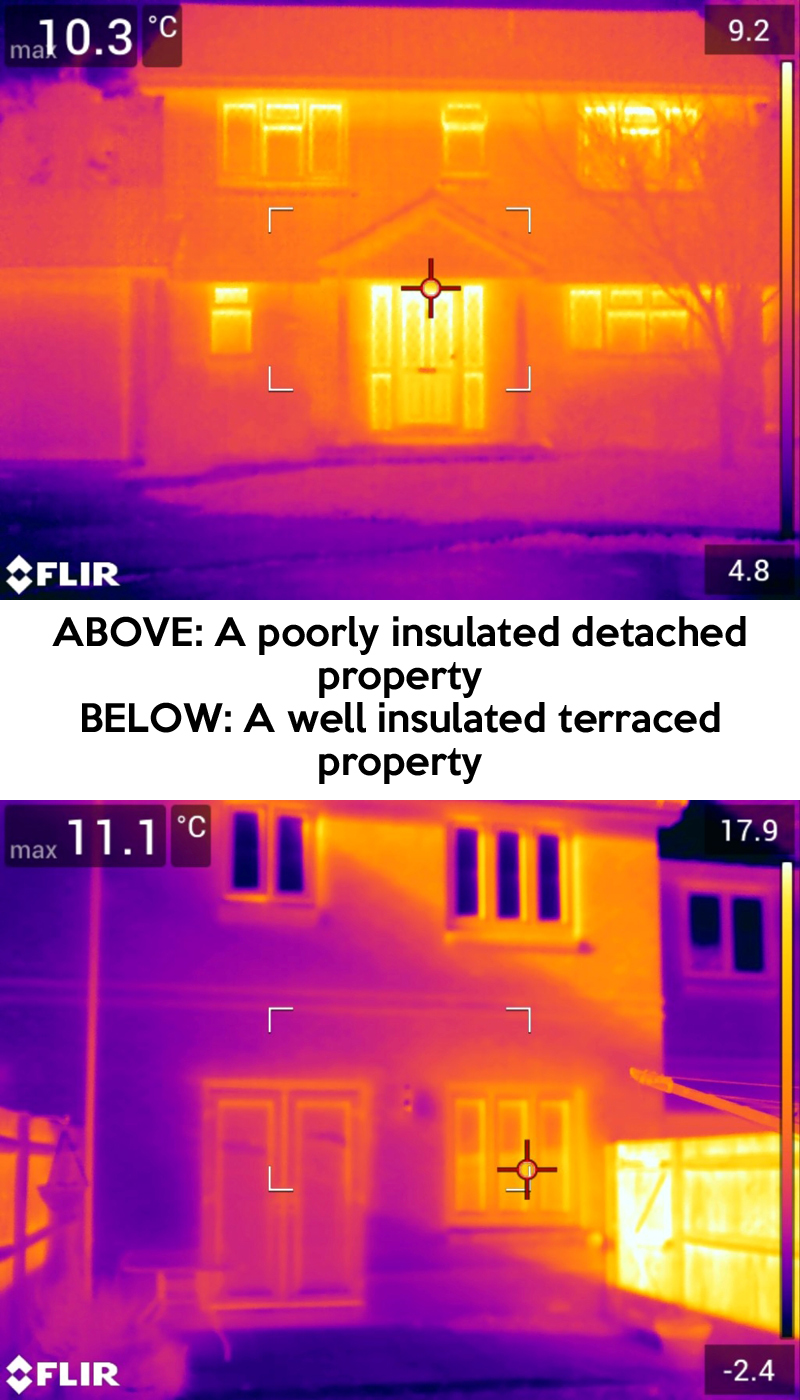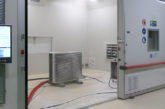
New research from FLIR Systems, Inc. has revealed how energy wastage in UK homes is contributing to huge energy bills across the country. As the cost of heating a home continues to rise, UK homeowners are wasting a total of £7 billion – amounting to a staggering £363 per household during the winter period.
The survey also reveals that Victorian, Edwardian and Georgian homes are wasting the most on energy bills. The average energy bill for these types of properties in the winter is 43% higher than that for flats and houses built after the 1960s. Poorly insulated walls are the biggest culprits of energy loss, where 36% of heat is wasted.
The YouGov findings shed light on the huge strain high energy bills is putting on UK homeowners; almost half (49%) of UK adults are worried about the cost and almost half again (45%) say their energy bills take up a large chunk of their income during the winter months.
Despite this, new research from YouGov found that only 5% of UK homeowners have had a home energy assessment and only 7% have bought an energy monitor. One in 10 admit they’re not making a deliberate effort to reduce energy consumption with simple tricks and changes around the home. Less than a third have insulated the walls or loft space and just over a quarter have blocked drafts.
Rickard Lindvall, General Manager for Instruments at FLIR Systems, says: “In order to detect heat loss that is invisible to the naked eye, thermal imaging is a key quality control measure when building, inspecting, renovating, or auditing a home. Thermal imaging cameras are a well-established inspection tool for bringing to light crucial information such as heating malfunctions and drafts, thereby showcasing where energy efficiency improvements are needed. In turn, this helps reduce soaring energy bills and the resulting strain on UK homeowners, especially in January after the financial demands of the busy festive period.”
Energy auditor, Philip Emsley, Director of PE Energy Solutions Limited, states: “Simple adjustments around the home can make a real difference, and it doesn’t have to be as brutal as turning off the heating – especially in older period properties, where energy efficiency often lags that of homes built in more recent years. Addressing draft issues and improving insulation is a short-term outgoing which can result in a significant long-term savings gain when it comes to energy bills.”
FLIR Systems’ findings also reveal that, while the majority of consumers are not changing consumption habits, almost a third have switched to a smart meter to reduce costs and 38% have changed energy supplier to help manage bills. According to Emsley: “While smart meters are an important step, homeowners must also look at where and how heat is escaping and keep up with regular maintenance to see significant improvements.”
https://www.flir.co.uk/instruments/energy-efficiency/














